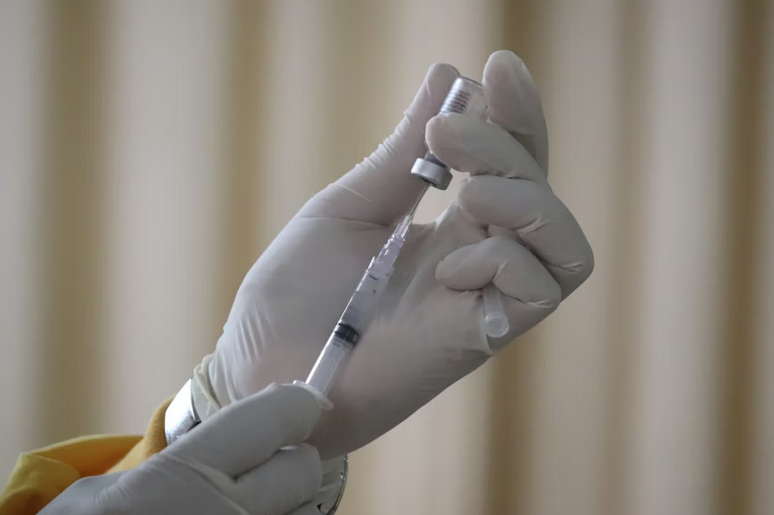Possible Side Effects of Testosterone Therapy and How to Manage Them
Testosterone therapy can offer significant benefits for individuals experiencing low hormone levels, but it’s important to understand the potential side effects before beginning treatment. Many people notice changes such as mood shifts, skin issues, or fluctuations in energy as their bodies adjust. In discussions about testosterone replacement therapy (TRT), specialists often highlight the importance of monitoring and early intervention to keep treatment on track and minimize discomfort. Knowing what to expect allows you to respond quickly if something feels off and ensures a safer, more effective experience. This article explores the possible side effects of testosterone therapy and how to manage them confidently.
Changes in Mood and Energy
Some people notice shifts in mood after starting testosterone therapy. These changes can include irritability, restlessness, or emotional ups and downs. The body needs time to adjust to new hormone levels, and that adjustment period can affect how you feel day to day. The best way to manage this is through regular communication with your healthcare provider. Keep track of how your mood changes and share those patterns during your checkups so adjustments can be made when needed. Simple lifestyle habits, such as better sleep and regular exercise, can also stabilize your emotional rhythm and make the transition smoother.
Skin Reactions and Body Changes
Testosterone therapy sometimes causes acne or oily skin. This happens because hormone levels influence oil production, which can become more active during treatment. Washing your face with gentle cleansers and avoiding heavy skin products can help manage these changes. If acne becomes uncomfortable, ask your provider about mild medication that can improve your skin without interfering with your therapy. Some patients also notice swelling in the ankles or an increase in body fluid retention. It is usually mild and manageable through regular movement, lower salt intake, and consistent hydration. Monitoring these changes allows you to understand what is normal and what requires medical attention. By staying aware of your body’s signals, you maintain better control over your comfort and health throughout the therapy.

Sleep and Breathing Concerns
Testosterone therapy may affect sleep patterns. Some people report difficulty sleeping or waking up more often during the night. Others experience deeper sleep but feel unusually drowsy during the day. These shifts are linked to hormone balance, and many of them improve over time. Good sleep habits can help your body recover stability. A more serious concern to watch for is sleep apnea. This condition causes pauses in breathing during sleep and may become more noticeable after beginning therapy. If your partner reports loud snoring or if you wake up feeling out of breath, tell your healthcare provider right away. Early evaluation can prevent complications and keep your treatment safe.
Blood Levels and the Overall Health
Testosterone therapy affects red blood cell production, and in some cases, levels can become higher than normal. Your provider will check this during routine tests. Staying hydrated and attending all scheduled blood work helps prevent complications. Therapy can also influence cholesterol and blood pressure, so regular monitoring ensures everything remains within healthy ranges.
Testosterone therapy can offer meaningful benefits, but understanding possible side effects keeps you prepared and confident. Mood shifts, skin changes, sleep concerns, and adjustments in blood levels are all manageable when monitored closely. Open communication with your healthcare provider, steady routines, and a clear awareness of your body help you stay safe and comfortable. With thoughtful care and regular follow-ups, testosterone therapy can support your goals while keeping your health protected every step of the way.…



